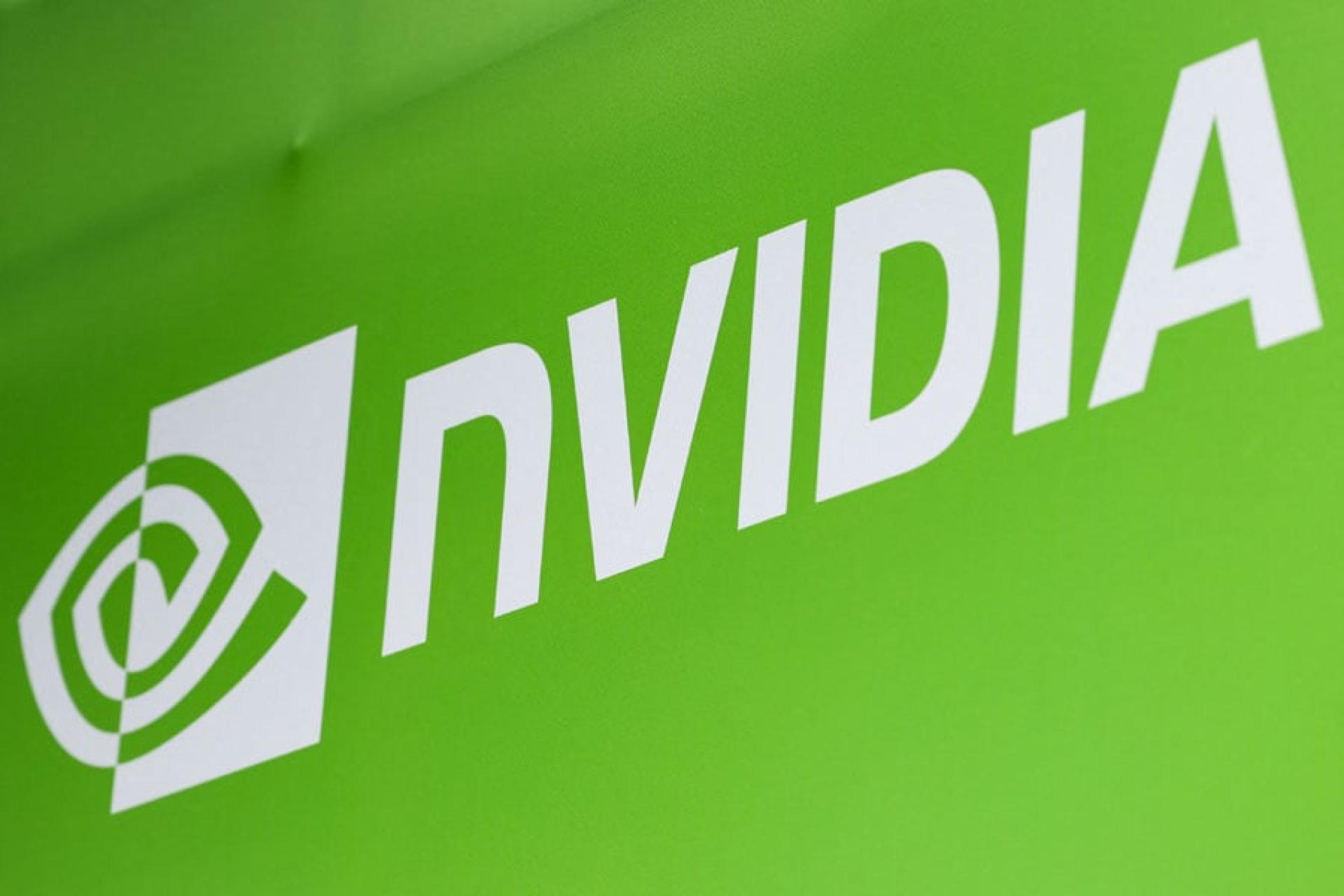The American tech giant NVIDIA, which just obtained permission to export its H20 chips to China, was summoned by Chinese authorities. On Friday (1st), NVIDIA responded by stating that its chips do not have any backdoors nor do they offer remote control access.
On July 31, China’s Cyberspace Administration summoned NVIDIA to explain possible security risks of backdoors and vulnerabilities in the H20 computing chips being sold to China.
According to reports from Tencent Technology and TMTPost, NVIDIA responded on Friday by denying claims of security vulnerabilities in its chips.
NVIDIA stated, "Cybersecurity is extremely important to us. Our chips do not contain any 'backdoors,' nor do they allow anyone to have remote access to or control of these chips."
The H20 is a lower-spec AI chip specifically designed for the Chinese market in accordance with U.S. technology export controls. In July, the Trump administration reversed an export ban implemented in April, allowing NVIDIA to resume sales of the H20 to China.
It was previously reported that U.S. lawmakers have called for all advanced chips exported from the U.S. to be equipped with “tracking and positioning” functions. AI industry experts in the U.S. have revealed that NVIDIA’s computing chips already have mature “tracking and positioning” and “remote disable” technologies.
According to reports, the U.S. Congress is indeed discussing requiring companies like NVIDIA to embed location tracking modules in their chips, a legislative initiative known as the "CHIP Security Act." Versions of this act were introduced in both the House and Senate this May and are currently in the proposal stage, yet to be passed.
